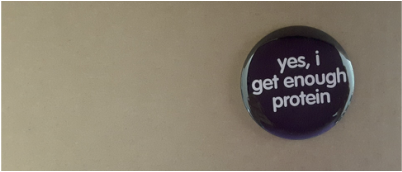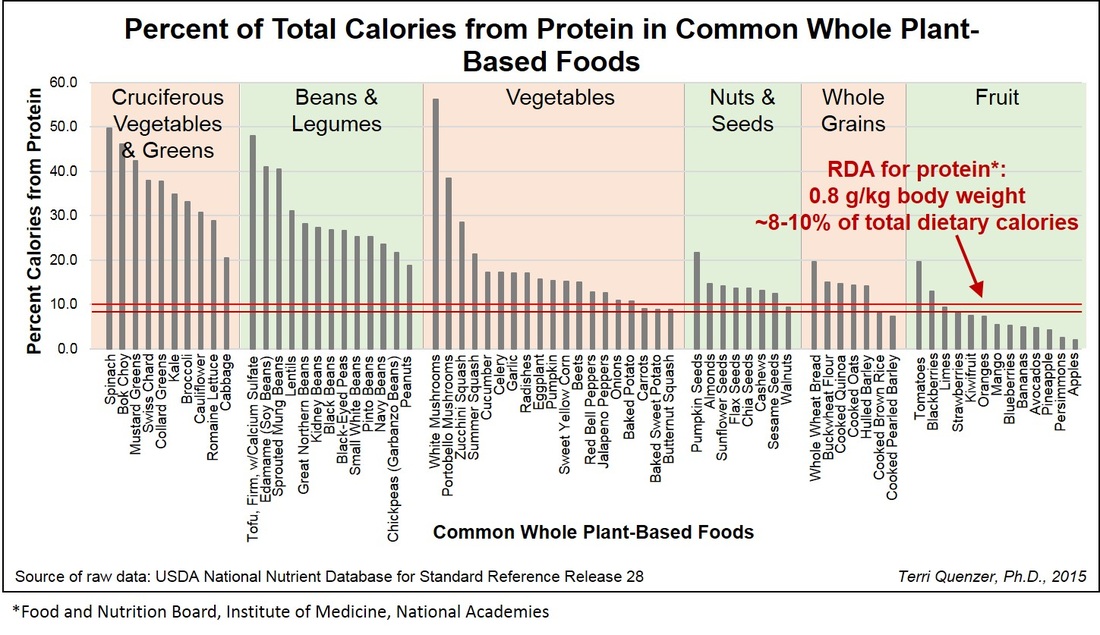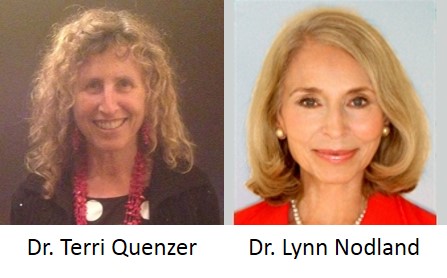When we think of protein, we mainly think of meat, poultry, fish, dairy, and eggs, all animal-based foods. So much so that we even define these foods as “proteins”.
However, we don’t typically think of plants when we think of protein.
Many of us believe that eliminating meat, poultry, fish, dairy, and eggs means eliminating protein. That’s why it’s hard for many of us to believe that it’s at all possible for vegans to get enough protein.
But these animal-based foods are not actually proteins at all. Rather, they are sources of protein, or more specifically, protein molecules. In fact, only about 19-23% of the mass of lean muscle flesh (meat) consists of protein molecules. The rest is water, fat, carbohydrates (yes, animal-based foods have carbohydrates), cholesterol, and other micro-nutrients (these are all molecules too). Fatty meats have even less protein because they have more fat and less protein-rich muscle flesh.
Plants have protein molecules too. Plants need protein for structure, photosynthesis, and to make enzymes and hormones for growth and development. And like us, plants also have proteins in every cell.
All protein molecules, whether from animals or plants, are made of amino acids that are strung together like beads on a necklace. The only differences from protein to protein are which amino acids are in the protein, how many of each amino acid, and the particular sequence in which the amino acids are strung together.
Our bodies can produce 11 of the 20 amino acids that we need to build protein molecules. Essential amino acids are those 9 amino acids that our bodies need and cannot produce, and therefore must come from food sources. Protein molecules that we get from foods are broken down into amino acids that our bodies then use to build the proteins we need.
Plants, on the other hand, have to produce all 20 amino acids from nutrients in the soil in order to make protein molecules because they don’t get amino acids by consuming animals or other plants. As “amino acid factories”, plants have it all, including an ongoing supply of all 20 amino acids so they can produce the proteins they need for growth and development.
We need essential amino acids from our diet. Plants make all 20 amino acids, including the 9 essential amino acids. That makes plants a great dietary source of protein!
Anyone that consumes a whole food plant-based diet gets their protein the same way that a carnivore’s protein gets its protein. Cows get their protein from plants (namely grass), which as we now know, have all the protein they need! Otherwise cows and other herbivores (plant eaters) such as elephants, giraffes, horses, and gorillas could not grow to their impressive sizes.
How much protein do we need? At a minimum, we need to replace the amount of protein that our bodies eliminate every day, which is about 0.5-0.6 grams (g) of protein per kilogram (kg) of body weight per day. This amount is known as the Estimated Average Requirement (EAR).
The Recommended Dietary Allowance (RDA) increases the EAR to 0.8 g of protein per kg of body weight per day, which adds a margin that insures that at least 98% of the population gets enough protein. In other words, the RDA, 0.8 g of protein per kg of body weight per day is more protein than most of us actually need. If you’re consuming that amount of protein, you are getting plenty of protein and do not need any more than that!
In terms of calories, 0.8 g of protein per kg body weight per day (or 0.36 g of protein per pound body weight per day for those of us in the US) is equivalent to about 8-10% of our total dietary calories. This amount is readily provided by all plants!
To confirm this, I went to the USDA National Nutrient Database and looked up the calories and protein (provided in grams) for several plant-based foods, including vegetables, fruits, whole grains, beans, lentils, nuts, and seeds. I converted grams of protein into calories from protein (1 gram of protein = 4 calories), and used that to calculate the percent of protein that’s in each plant-based food that I looked up. I charted those values, along with the RDA for comparison, and here’s what I found:
I’ll bet you’re surprised to see that many vegetables, especially leafy greens and cruciferous vegetables, have more calories from protein than beans, nuts, and seeds! And white mushrooms weigh in at 56% of their calories from protein!
Kaiser Permanente recommends the following guidelines for daily servings of whole plant-based foods:
- 6 or more daily servings of vegetables, including at least 1 daily serving of leafy green vegetables
- 2-4 daily servings of starchy vegetables such as potatoes and winter squash
- 2-4 daily servings of fruit
- 2-5 daily servings of beans and legumes
- 5-8 daily servings of whole grains
- 1-4 daily servings of nuts and seeds
Anyone that consumes that many servings of all those whole plant-based foods is definitely getting plenty of protein, even with a few servings of fruit thrown in.
The only danger of not getting enough protein is by eliminating all protein sources, including whole plant-based foods. This is something to be aware of if you or someone you know is vegan and eats mainly processed and refined foods with little or no whole plant-based foods such as vegetables, beans, whole grains, nuts, and/or seeds. Another term for that is a “junk food vegan”. This is typically the case if you know of someone who is/was vegan and became weak and sick.
Remember, meat, poultry, fish, dairy, and eggs are not proteins. They are sources of protein.
Plants are sources of protein too. And plants have the variety and abundance of protein that our bodies need to thrive, including all 9 essential amino acids.





 RSS Feed
RSS Feed